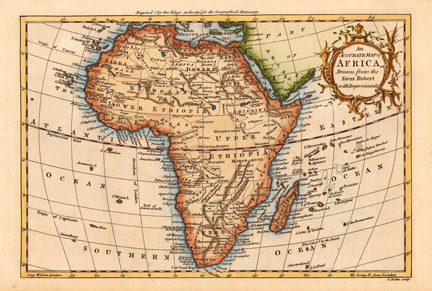Ritual and ceremonial masks are an essential feature of the traditional culture and art of the peoples of Subsaharan and West Africa. While the specific implications associated to ritual masks widely vary in different cultures, some traits are common to most African cultures: e.g., masks usually have a spiritual and religious meaning and they are used in ritual dances and social and religious events, and a special status is attributed to the artists that create masks and to those that wear them in ceremonies. In most cases, mask-making is an art that is passed on from father to son, along with the knowledge of the symbolic meanings conveyed by such masks.
Masks are one of the elements of African art that have most evidently influenced European and Western art in general; in the 20th century, artistic movements such as cubism, fauvism and expressionism have often taken inspiration from the vast and diverse heritage of African masks. Influences of this heritage can also be found in other traditions such as South- and Central American masked Carnival parades.
In most traditional African cultures, the person who wears a ritual mask conceptually loses his or her human identity and turns into the spirit represented by the mask itself.
Click on the individual mask styles under the Africa button to see the various African styles that I make.
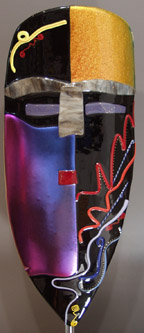
Aduma
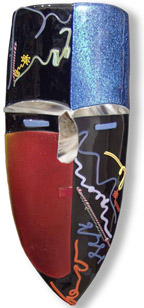
Aduma Second
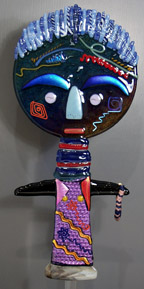
Akua’Ba Doll
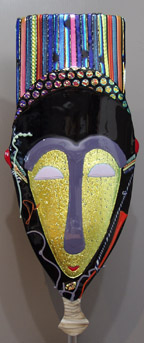
Baule
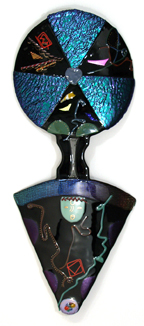
Bedu

Bobo-Fing
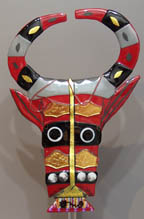
Dual
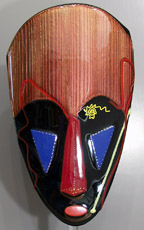
Fang
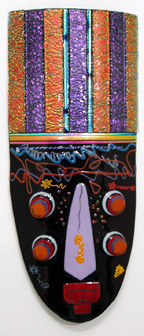
Grebo
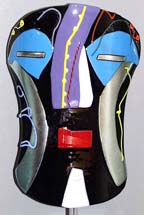
Kifwebe
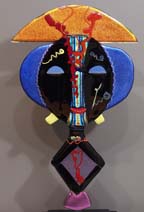
Kota
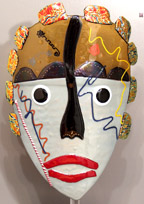
Kra
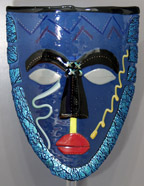
Kuba
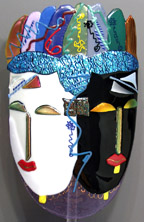
Nigerian Forth
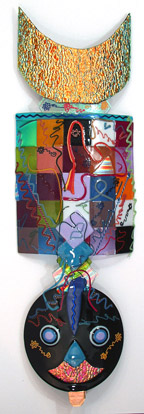
Plank
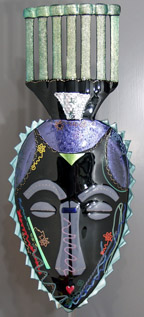
Yaure
